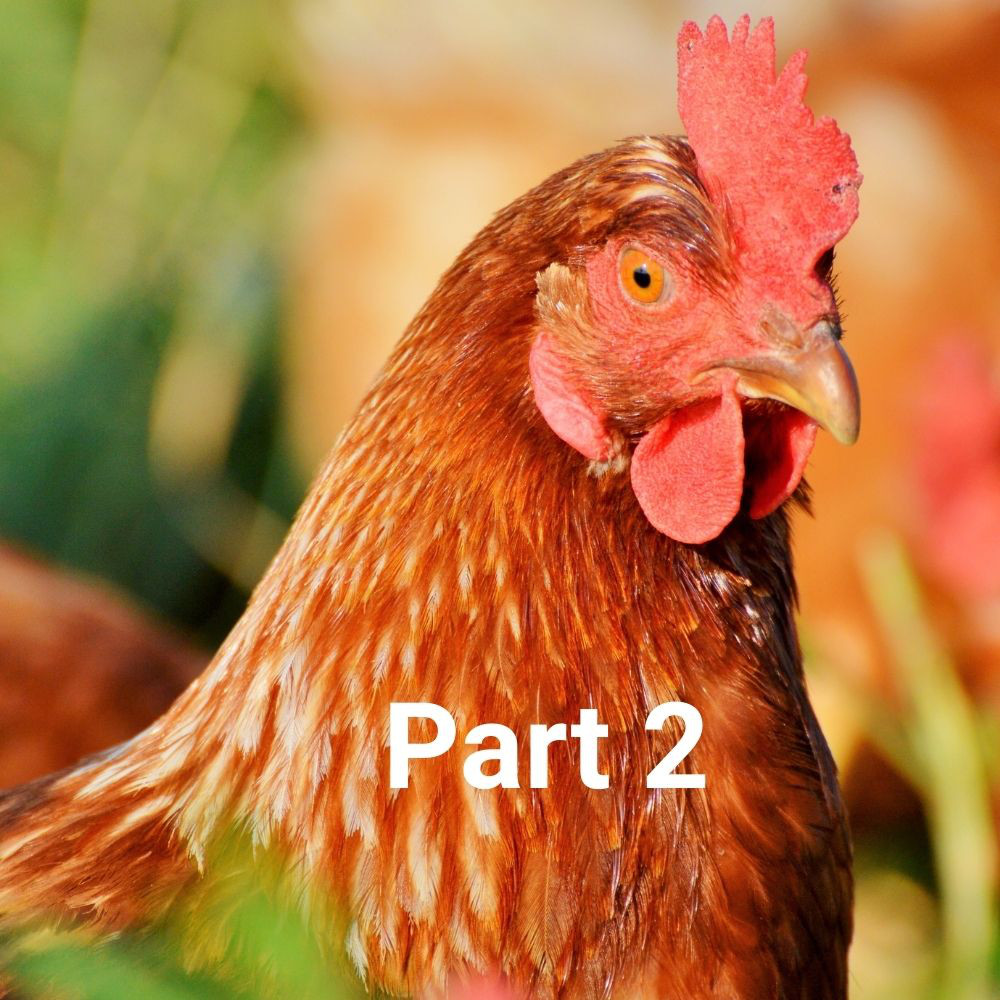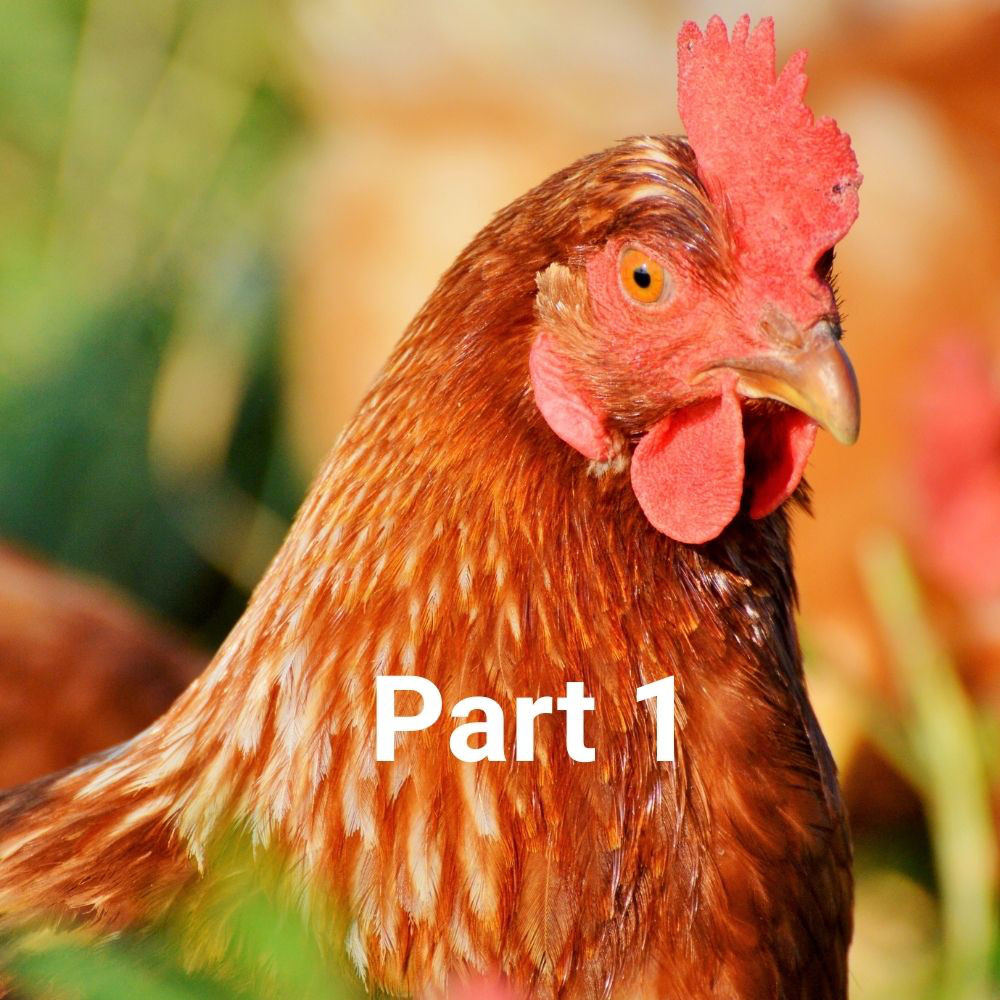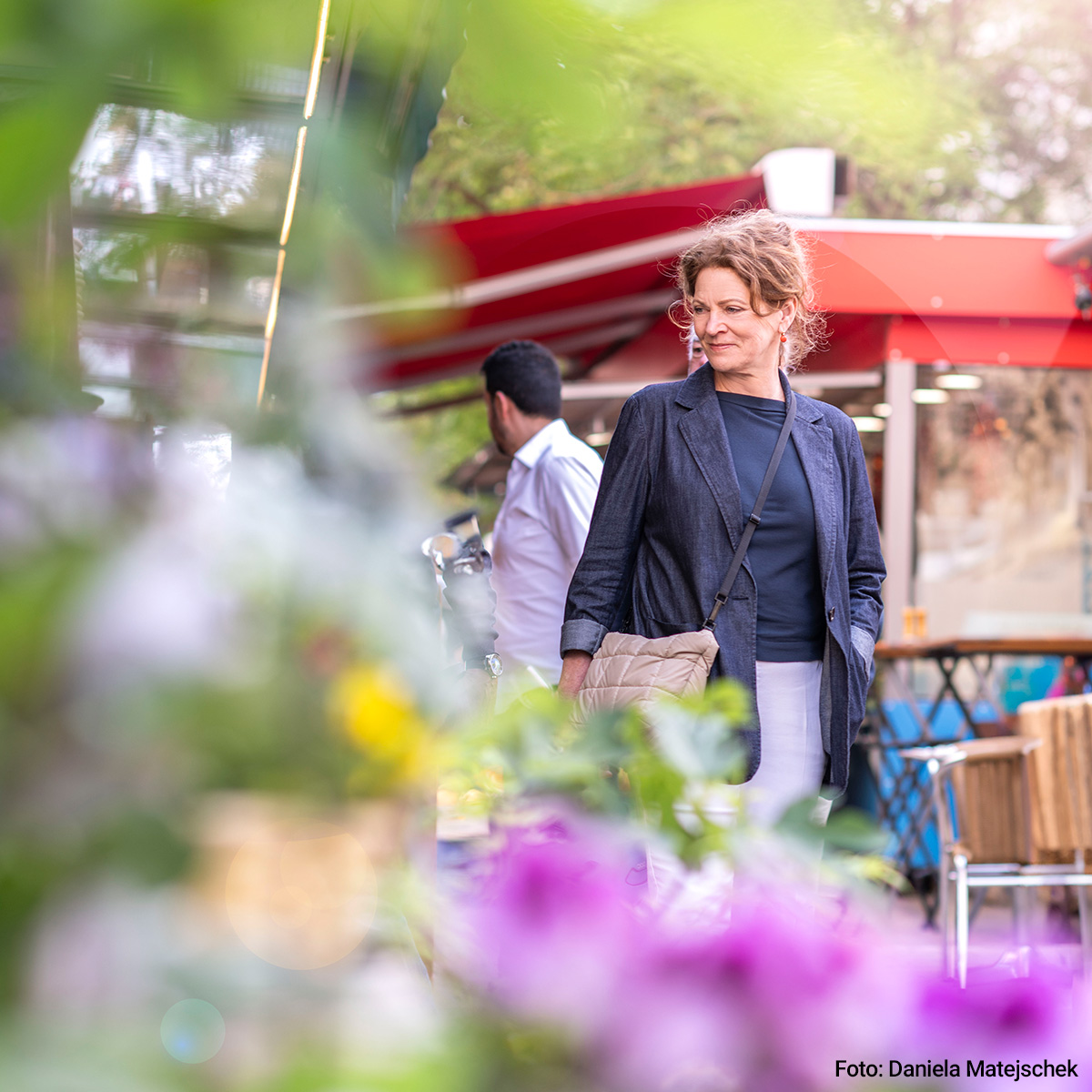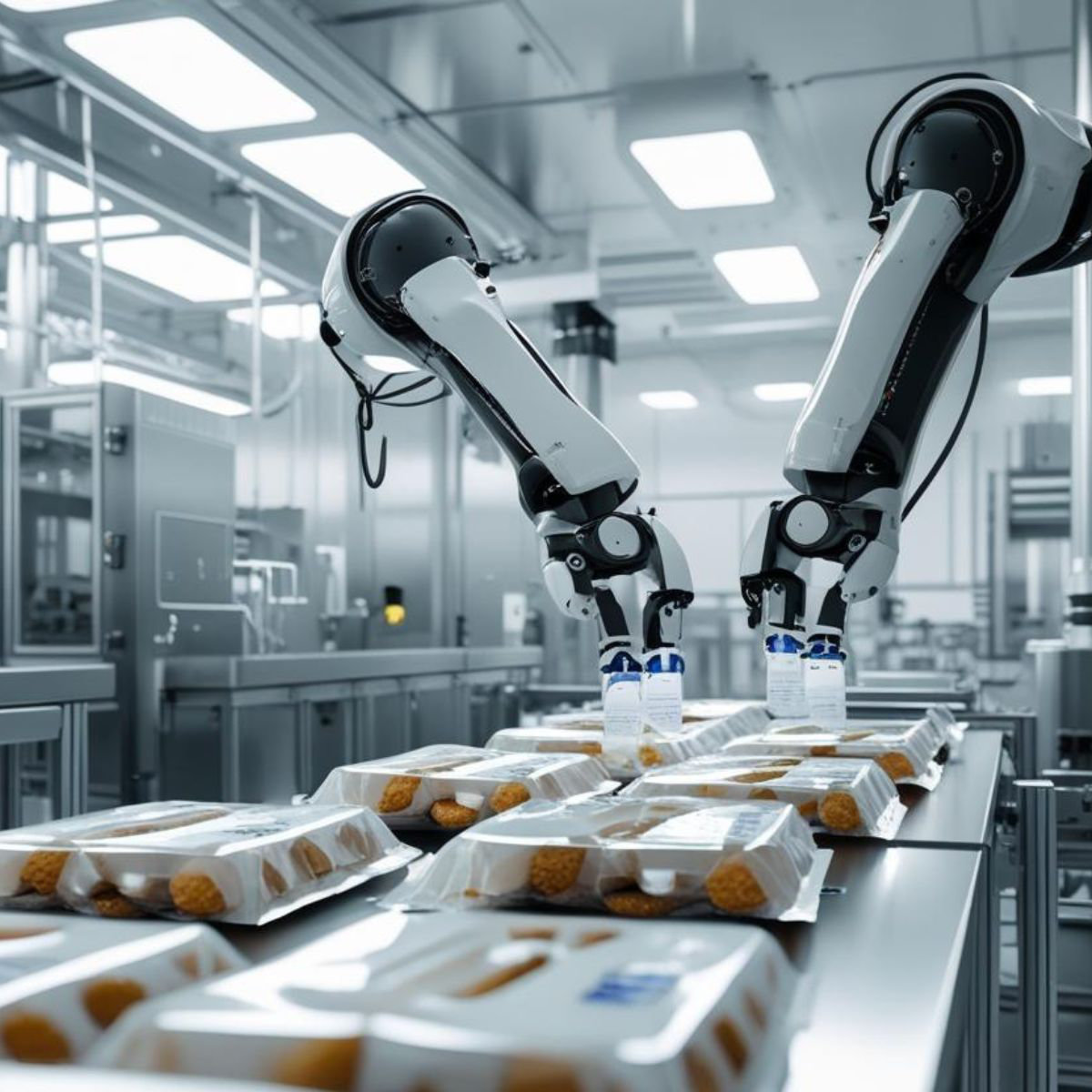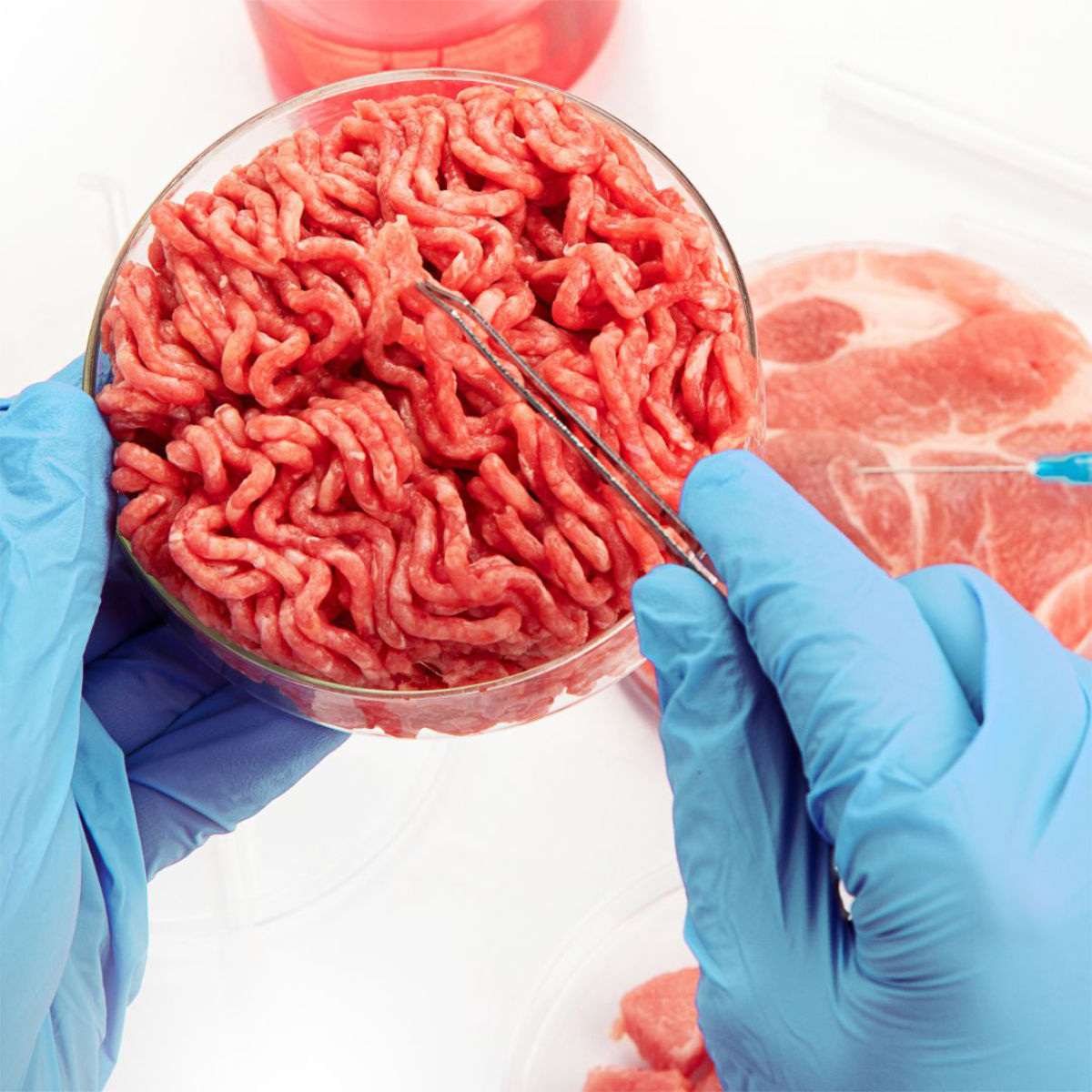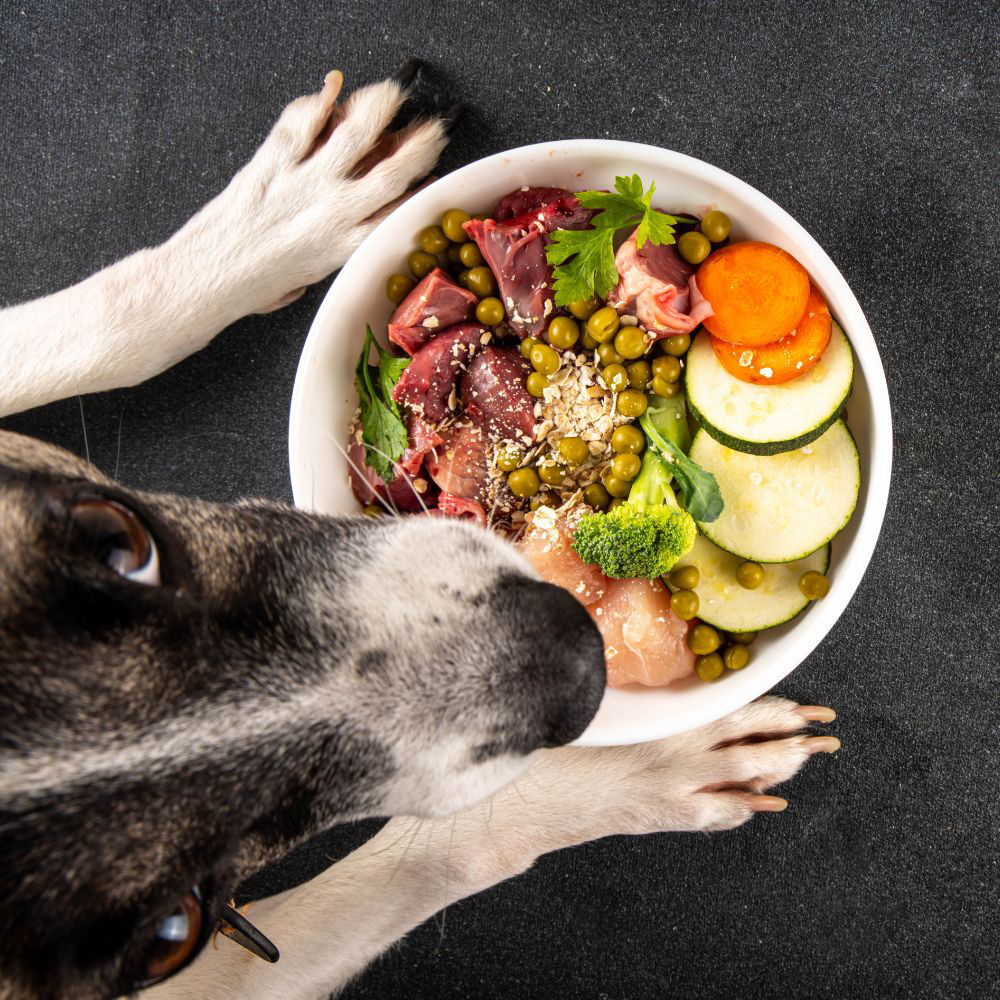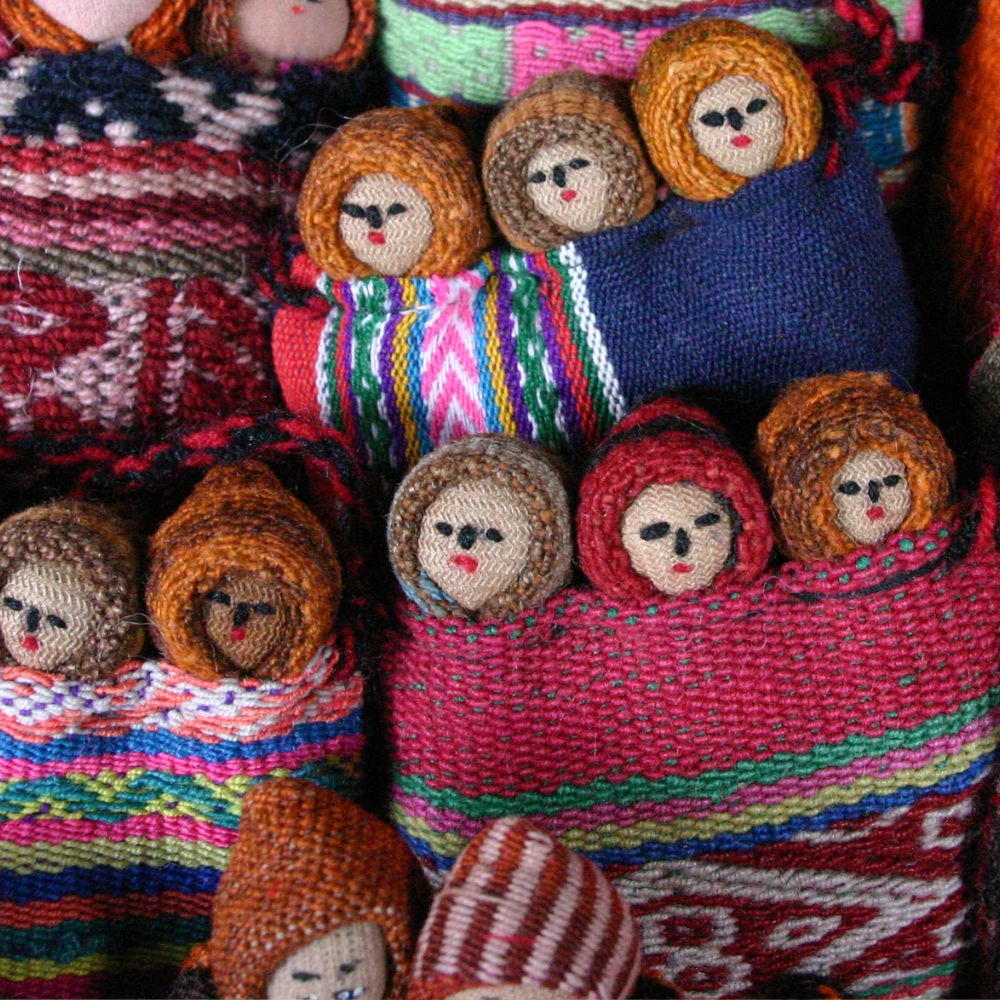Reading time: 3 minutes

In particular, the high consumption of energy, water and materials is forcing companies to consistently optimize their production processes. Sustainability and efficiency go hand in hand here. Technologies that help to reduce the consumption of resources not only increase the environmental compatibility of production, but also reduce operating costs and improve competitiveness.
The IFFA – the world's leading trade fair for meat and alternative protein processing – is putting the spotlight on 'Sustainability in Practice' and presenting the latest solutions and technologies that address precisely these issues.
Energy efficiency as the key to sustainable production
“Sustainability begins with efficiency,” explains Klaus Schröter, chairman of the VDMA (German Engineering Federation) Process Technology for Meat and Protein Processing. Energy consumption is one of the biggest cost and emission drivers in the industry – especially in the area of heat generation and cooling, which can account for up to 60 percent of total consumption. That is why mechanical and plant engineering companies are constantly developing systems that significantly reduce the use of energy and media such as water, cleaning agents and compressed air. Another goal is to use waste heat within the plant – for example for cleaning processes or to heat water. The integration of renewable energies such as solar power into the processes involved is also becoming increasingly important.
Heat pumps: Saving energy and reducing emissions
Industrial heat pumps are a central component of modern energy management concepts. In combination with compressor-based cooling systems, they enable simultaneous heating and cooling in a closed circuit. This lowers energy consumption by around 30 percent and reduces CO2-emissions by up to 50 percent – especially when the heat pumps are operated with electricity from photovoltaic systems or biogas plants. The latter use organic waste from meat production for energy generation. A medium-sized slaughterhouse can save up to 1,500 tons of CO2 per year in this way.
Minimizing water consumption: waste water treatment and hygienic design
In addition to saving energy, water consumption is also increasingly coming into focus. By using filtration technologies such as ultrafiltration or reverse osmosis, process water can be cleaned and reused in less sensitive areas, such as for cooling or cleaning. In addition, the consistent implementation of hygienic design in plants and machinery ensures that cleaning cycles are more efficient and that less water and fewer chemicals are used. Polished stainless steel surfaces, flush-fitting components and sealed housings enable faster and more resource-efficient cleaning.
Artificial intelligence optimizes processes
Digital technologies also make an important contribution to sustainability. Artificial intelligence (AI), for example, is used to control cold stores. AI-supported systems analyze consumption patterns and dynamically adjust cooling curves to actual demand – significantly reducing electricity consumption and CO2 emissions.
Potential for small businesses in sustainability in the trades
While large companies make major investments, smaller butchers and craft businesses also have effective levers for increasing efficiency. “The butchery trade traditionally embraces sustainability through regional supply chains, short transport distances and small quantities of packaging,” emphasizes Herbert Dohrmann, President of the Deutscher Fleischer-Verband (German Butchers' Association). Nevertheless, there are still opportunities for optimization – for example, through power optimization systems that detect and eliminate grid disturbances. This can save up to 20 percent of the electricity used.
Intelligent control systems for machines also help to reduce consumption. For example, the motor of a cutting machine automatically adjusts to the resistance of the material being cut and only delivers as much power as is necessary. This saves up to 45 percent energy compared to conventional machines. Further savings potential is offered by modern drive solutions with servo technology, such as those used in vacuum fillers or cutters. Especially in times of high electricity prices, such investments pay off quickly.
Packaging in transition: from recycling to the circular economy and bio-based materials
Packaging is a central topic of the sustainability strategy. With the entry into force of the new EU Packaging Regulation in February 2025, all industries are facing the challenge of designing packaging that can be recycled. For the meat industry, this means that 40 percent of all packaging must be reusable by 2030, and as much as 70 percent by 2040. In addition, minimum proportions of recyclates apply in materials for food contact.
Research institutes and companies are working intensively on new, bio-based packaging solutions. These include films made from seaweed, coated paper composites or innovative plastic composites with enzyme interlayers that facilitate recycling. Particularly promising are monomaterial packaging solutions that can be fully recycled in the waste paper stream and at the same time offer excellent barrier properties – for example, through the use of whey protein or nanocellulose coatings.
Artificial Intelligence-supported packaging development
Artificial intelligence is also used in the development of sustainable packaging solutions. In the “KIOptiPack” project, research teams are working together with industry partners on software solutions that use artificial intelligence to suggest optimal packaging designs – tailored to material consumption, recyclability, product protection and customer acceptance. This not only makes outer packaging more environmentally friendly, but also more economically efficient.
Sustainability as a driver of innovation
Whether large industrial companies or artisanal butcher's shops, anyone who invests in sustainable production technologies today secures clear advantages: lower operating costs, higher efficiency, a better environmental balance and a stronger market position. With its focus on 'Sustainability in Practice', IFFA offers an excellent platform for finding out about the trends, technologies and strategies that are driving the change towards resource-efficient, future-proof meat processing.

